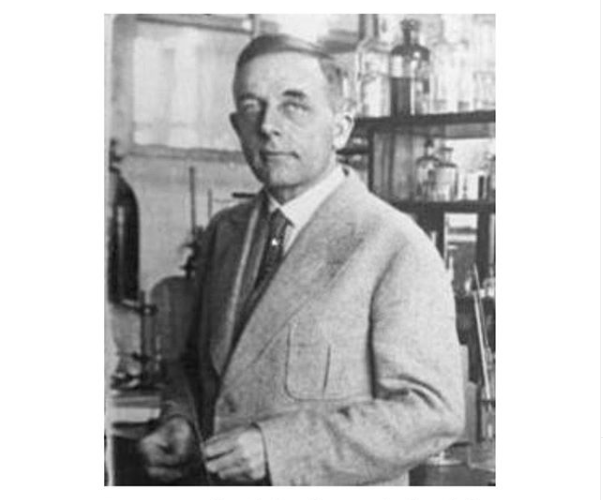Cancer cells consume and use nutrients differently than their healthy counterparts. Cells need to generate energy to keep living, but cancer cells have an increased demand for energy in order to grow and multiply quickly, specifically glucose.
90 years ago, German physiologist and physician Otto Warburg knew that normal cells use oxygen to turn food into energy through a process called oxidative phosphorylation. But cancer cells preferred to fuel growth through glycolysis, a process that involves consuming and breaking down glucose for energy.
The phenomenon was coined “the Warburg effect,” the foundation for the field of cancer metabolism and earned Warburg the Nobel Prize in 1931. the Warburg effect occurs in virtually all cancers. Lactate is the end-product of the Warburg effect.
The Warburg effect is also observed in other diseases, including sepsis, autoimmune diseases, atherosclerosis, diabetes, and aging.






